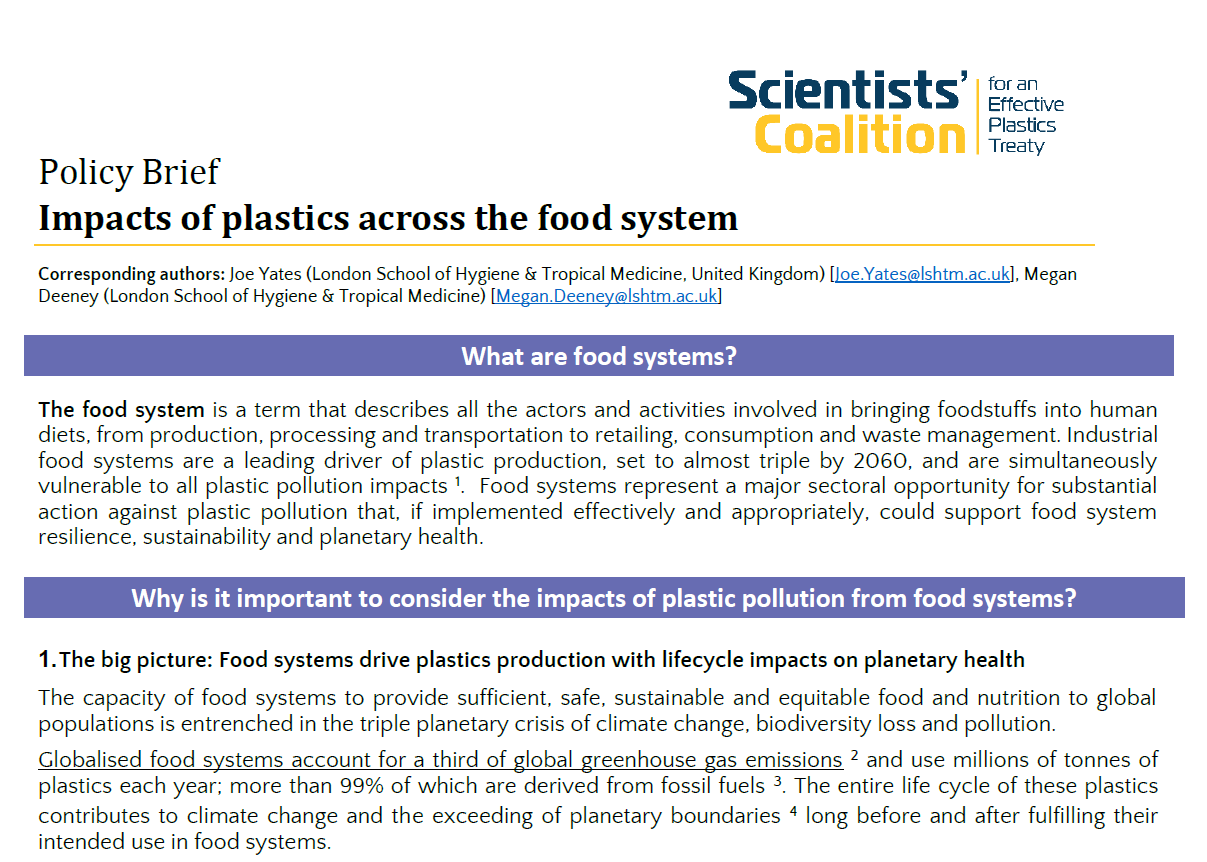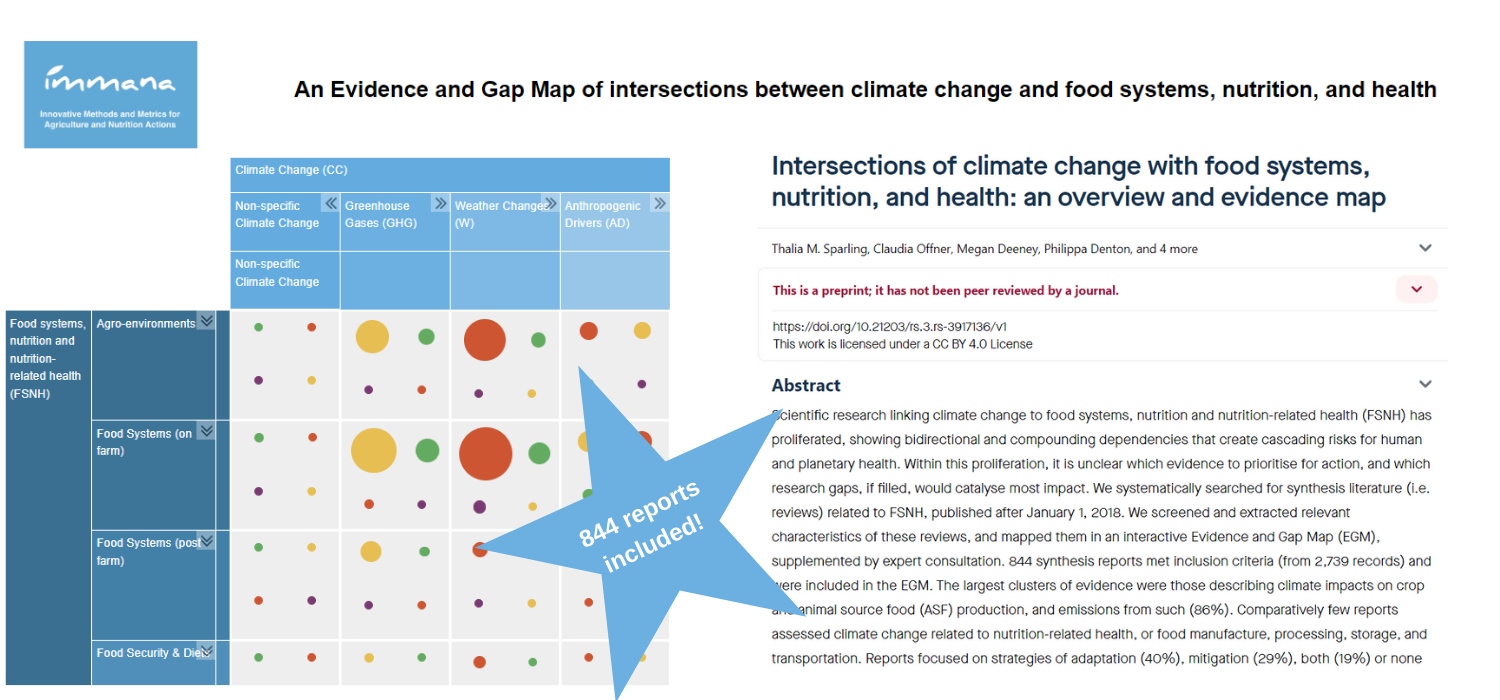A new rapid assessment commissioned by the Food Standards Agency (FSA), asks ‘What does sustainability mean to UK citizens when it comes to food and diet?’.
It also looks at how the UK academic literature defines sustainability and how citizens’ perceptions compare, and asks what sustainability means to industry when it comes to food and diet.
To answer these questions 102 papers from the UK academic literature (2020-2022) were reviewed and 21 industry and NGO websites and related sustainability documents.
Industry and NGOs
The analysis of sustainability commitments and resources of industry and NGOs along the food chain showed a focus on a small range of sustainability topics which they perceive as being within their ability to act on, most do not go beyond their organisational boundaries.
Although many goals were outlined, specificity of action was often lacking, as were resources and targets, and many goals were aspirational. Less than half of the organisations sampled provided timeframes, and only two organisations committed budget to sustainability actions.
Collaboration with other actors was common and external accreditation for sustainability appears to be growing. UK supermarkets appear to be leading the way in terms of communicating their sustainability goals and targets to citizens.
UK Citizens
The evidence reviewed suggests that UK citizens have a low awareness of the environmental impact of food and when it comes to individual food behaviour, health, price and taste appear to be stronger drivers than the environment. Challenges were identified around the definition of and knowledge of what constitutes sustainability and sustainable food.
The most common sustainability attributes were local; organic; animal welfare; meat and dairy consumption/reduction; plant-based alternatives and other innovations; food waste; packaging; and health.
Many trade-offs, barriers, and drivers for sustainable food choices were identified. Education and awareness-raising were identified as key to driving sustainable food behaviour.
The study highlights key evidence gaps around citizen and industry understanding of UK food sustainability and recommends that the FSA plays a significant role in improving this, particularly through evidence generation and as a convenor and collaborator across sectors.
Reynolds, C., Jones, R., Droulers, C., & Oakden, L. (2022). A rapid evidence assessment of UK citizen and industry understandings of sustainability-Why our understanding of sustainable food is important when making food choices. https://doi.org/10.46756/sci.fsa.ihr753




